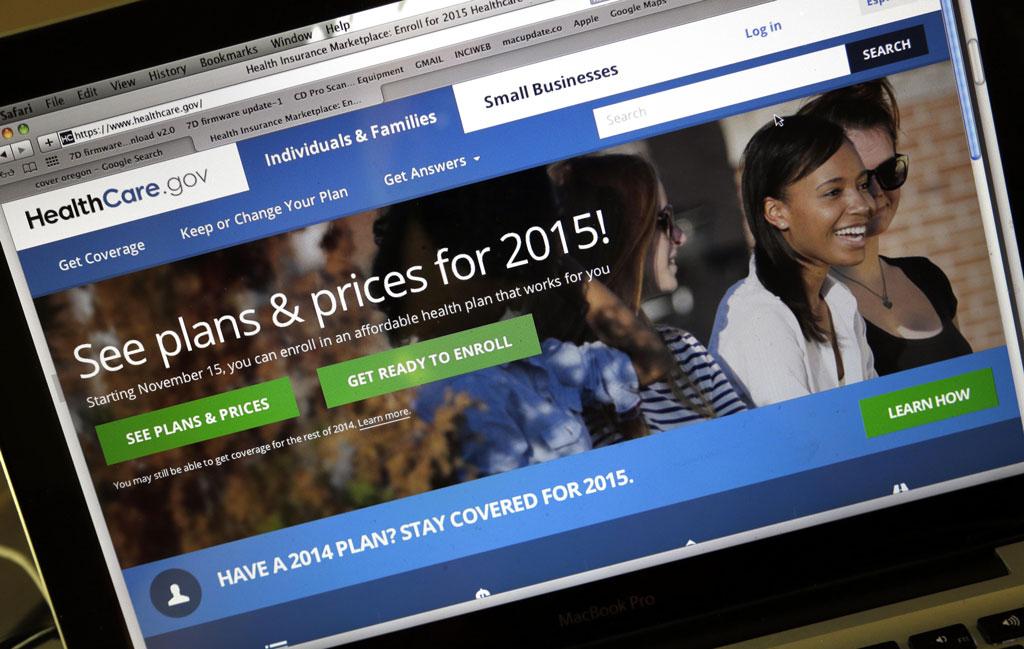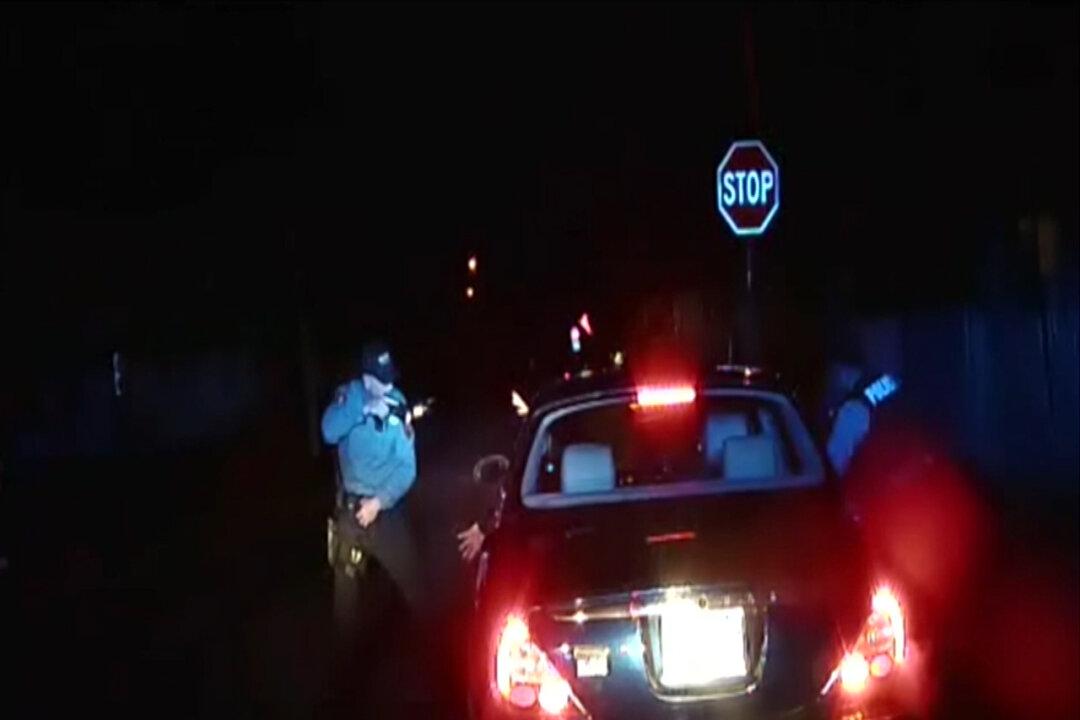TRENTON, N.J.—The second time around for the health insurance exchange means New Jersey advocates for the program have experience, but it also brings the challenge of trying to persuade more people to sign up when those most willing already have.
More than 160,000 New Jersey residents enrolled for coverage this year on the federally run exchange, a key part of President Barack Obama’s insurance overhaul. The overhaul is a signature of Obama’s presidency and has both strong advocates and detractors who deride the mandate that people buy health insurance.
The enrollment period for 2015 began Saturday and continues through Feb. 15. That’s a shorter enrollment period than last year’s, which began with highly publicized computer problems and ended with a surge of signups in March.
In New Jersey, the enrollment figure was nearly 70 percent higher than the federal government projected, and was also far higher than other group’s expectations.
Coupled with a surge in Medicaid enrollment driven by expanded eligibility and people attempting to sign up for the exchange only to learn they’re eligible, the percentage of uninsured people in New Jersey has been cut roughly in half, from 21 percent last year to less than 11 percent in June, according to a survey by the Robert Wood Johnson Foundation.
So now the question is whether those who did not enroll for this year will for 2015.
“Thirty percent can’t wait to sign up; 25 percent couldn’t care less,” said Katherine Hempstead, a senior program officer at the Robert Wood Johnson Foundation, which both studies and advocates for access to health care in New Jersey and nationally. “A big middle group can be influenced.”
Propelling Registration
Maura Collinsgru, a health care advocate at New Jersey Citizen Action, said groups pushing enrollments are in a better position this year because they and their workers have a year of experience and have figured out which tools propel people to register.
Her organization, for instance, recently unveiled a website, CoverNJ.org, that lists places where people can go for help registering. She also said groups trying to register more customers have data by ZIP codes showing where people have and have not signed up—a resource that can help groups target their work.
Alescia Teel, a spokeswoman for Get Enrolled America’s New Jersey operations, said her group learned last year that consumers are more likely to register after being contacted four times, and that having recurring sign-up events also helps. So the organization is planning to use both tactics in coming months.
Another new wrinkle for the coming year is that people who already have plans can switch, though their plans are renewed if they take no action.
Enrollment groups say they will also devote time to helping residents decide if they should change plans.
“We have success stories,” Teel said. “We have the real-life experience of people who have been able to enroll have had the life-changing experience of being able to have coverage.”
From The Associated Press




